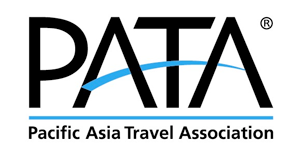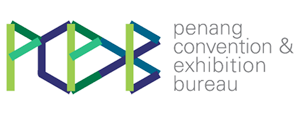Sabah’s economy and the tourism industry will only recover significantly, once it can welcome international guests again, tourism and business groups say in calling for the reopening of international borders.
Sabah Association of Tour and Travel Agents (Satta) president Winston Liaw said the tourism sector had been greatly affected by the pandemic.
Before the pandemic, tourist arrivals to the state had contributed immensely to Sabah’s gross domestic product (GDP).
More than 90% of the manpower involved in the tourism industry were Sabahans and the spin-offs to the rural areas benefited the people there as well, he said.
“But because of Covid-19, everything has come to a halt. Now that more than 90% of the population have been fully vaccinated, it is time (for Sabah) to reopen its international borders,” he said in a joint press conference with 18 Sabah tourism and business groups.
Liaw said the state can start with vaccinated travel lanes (VTLs) between Kota Kinabalu and cities like Shenzhen, Seoul, and Taipei or countries like Singapore.
Liaw expressed hope that the international borders could be re-opened by the end of February.
He said hotels and other hospitality facilities had experienced decent business after the Sabah government allowed inter-district travel last year.
The impact on the entire travel industry, however, was “still very minimal” because of the limited spending power of domestic travellers.
“We are still aiming for international arrivals,” he said, noting that arrivals from China constituted 60-70% of its international arrivals, while Koreans were the second-largest market, pre-pandemic.
“These are the foreigners willing to spend money.”
Sabah Small and Medium Enterprise (SME) Association president Foo Ngee Kee said when the state government allowed dine-ins – which went against the federal directive at the time – infections did not spiral out of control.
“Their bold move saved many jobs for Sabahans in return,” Foo said.
As such, he said the government should use the same diligence when it comes to enforcing the SOPs after reopening international borders, albeit with some modifications to the regulations.
- TAGS / KEYWORDS:

















.png)














